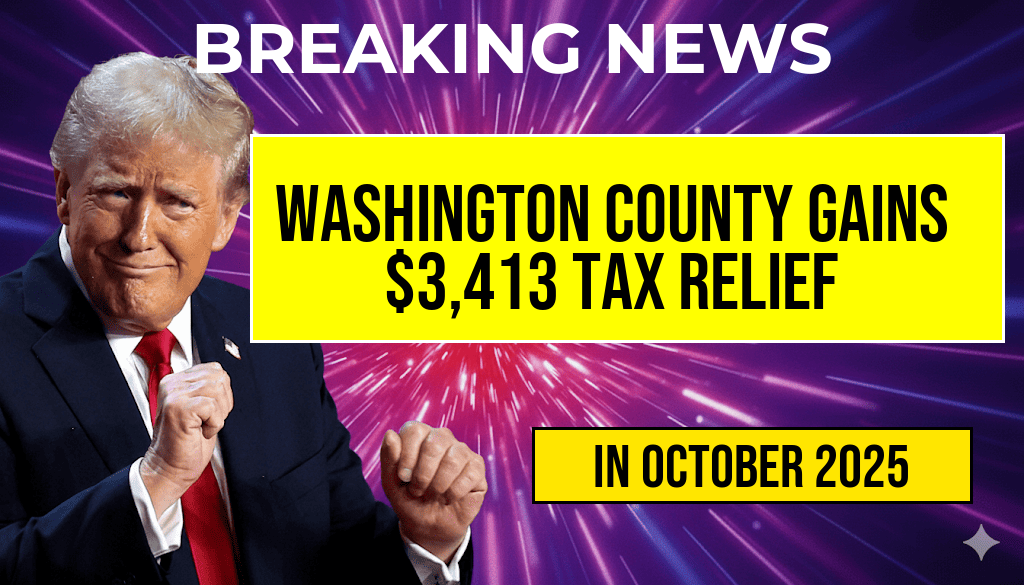The recent Rescissions Act has resulted in a significant reduction of public broadcasting funding by approximately $1.1 billion, marking one of the largest cuts in recent memory. This move, approved by Congress and signed into law last week, trims federal allocations that support national public media outlets, including PBS and NPR, as well as local stations across the country. The reduction raises concerns among media advocates, educators, and community organizations that rely heavily on federal support to provide educational content, news, and cultural programming. Officials from public broadcasting entities argue that the cuts threaten the sustainability of their services, potentially impacting millions of Americans who depend on free, independent media for information and civic engagement. As debates intensify over the future of public media funding, stakeholders are scrutinizing the implications for the diverse audiences that rely on these services for unbiased, educational content.
Details of the Funding Reduction
Scope and Breakdown
| Funding Source | Amount Cut | Previous Allocation (2023) |
|---|---|---|
| Corporation for Public Broadcasting (CPB) | $1.1 billion | $445 million |
| NPR & PBS Grants | Major portion of the cut | Varied annual grants |
The Rescissions Act reallocates federal funds from the Corporation for Public Broadcasting (CPB), which funds PBS, NPR, and a network of local stations. The law specifies a total reduction of $1.1 billion over the next fiscal year, effectively slashing the budget that sustains core public media services nationwide. While details about the specific distribution of cuts are still emerging, preliminary estimates suggest a significant reduction in federal support for programming, station operations, and educational outreach initiatives.
Reactions from Public Broadcasting Advocates
Concerns Over Service and Accessibility
Representatives from public broadcasting organizations have expressed alarm about the potential fallout from the funding cuts. Jim Acosta, CEO of the National Public Media Association, stated, “This level of reduction jeopardizes the very foundation of public media. For decades, stations have provided trusted news, educational content, and cultural programming to underserved communities, and these cuts threaten to diminish that vital service.”
Many local stations, especially those serving rural and low-income areas, rely heavily on federal funding to operate. Without adequate support, some stations warn they may be forced to reduce hours, cut programming, or even close altogether. The public broadcasting system has historically acted as a crucial resource for community engagement and lifelong learning, particularly in regions where commercial outlets are limited.
Political and Policy Context
Legislative Backdrop and Rationale
The Rescissions Act was part of a broader effort by lawmakers to reduce federal spending amid budgetary constraints and shifting priorities. Supporters argue that the cuts are necessary to address national debt concerns and reallocate funds towards other pressing issues such as defense, healthcare, and infrastructure. However, opponents contend that defunding public media undermines democratic ideals by restricting access to independent, fact-based journalism and educational content.
Some policymakers emphasize that public broadcasting is a vital component of the nation’s media landscape, providing a non-commercial platform for diverse voices and in-depth reporting. Critics of the law warn that reducing federal support could lead to increased reliance on commercial entities, potentially compromising the quality and impartiality of news and information disseminated to the public.
Potential Impact on Public Media and Audiences
Immediate and Long-term Effects
The immediate consequence of the funding cut is likely to be a reduction in programming and operational capacity at stations nationwide. Educational outreach programs, which often depend on federal grants, may face scaling back, limiting access for schools and community groups. Additionally, the law could slow efforts to expand digital content and innovation within public media.
Long-term, analysts warn that the sustainability of PBS, NPR, and local stations could be compromised, especially as they compete for alternative funding sources. This may lead to diminished diversity in programming, especially for minority and underserved populations, further exacerbating disparities in access to quality information and cultural enrichment.
Looking Ahead
Responses and Alternatives
While some advocates are exploring additional funding avenues, including private donations and grants, the scale of the cuts poses significant challenges. Congressional representatives from both parties have called for a reassessment of the law’s impact, with some urging modifications to restore at least partial funding. Meanwhile, public media groups are mobilizing campaigns to raise awareness about the importance of federal support for independent journalism and educational programming.
For more context on the history and significance of public broadcasting in the United States, visit Wikipedia’s overview of public broadcasting.
Frequently Asked Questions
What is the main impact of the Rescissions Act on public broadcasting funding?
The Rescissions Act has resulted in a $1.1 billion cut to public broadcasting funding, significantly reducing financial support for public media organizations nationwide.
Why was the funding for public broadcasting slashed in the Rescissions Act?
The funding cut was part of broader budget reductions aimed at decreasing government expenditures, reflecting shifts in policy priorities and austerity measures.
How might these funding reductions affect public broadcasting services?
The reduction in funding could lead to program cuts, staff layoffs, and reduced community services, potentially impacting the quality and availability of public media content.
Are there any measures being taken to address the funding shortfall for public broadcasting?
Some public broadcasters are exploring alternative funding sources such as donations, grants, and partnerships, but the overall impact of the funding cut remains a concern.
What is the political response to the funding cuts in the Rescissions Act?
Many lawmakers and public media advocates are voicing opposition to the funding reduction, arguing it threatens public access to educational and cultural programming.








